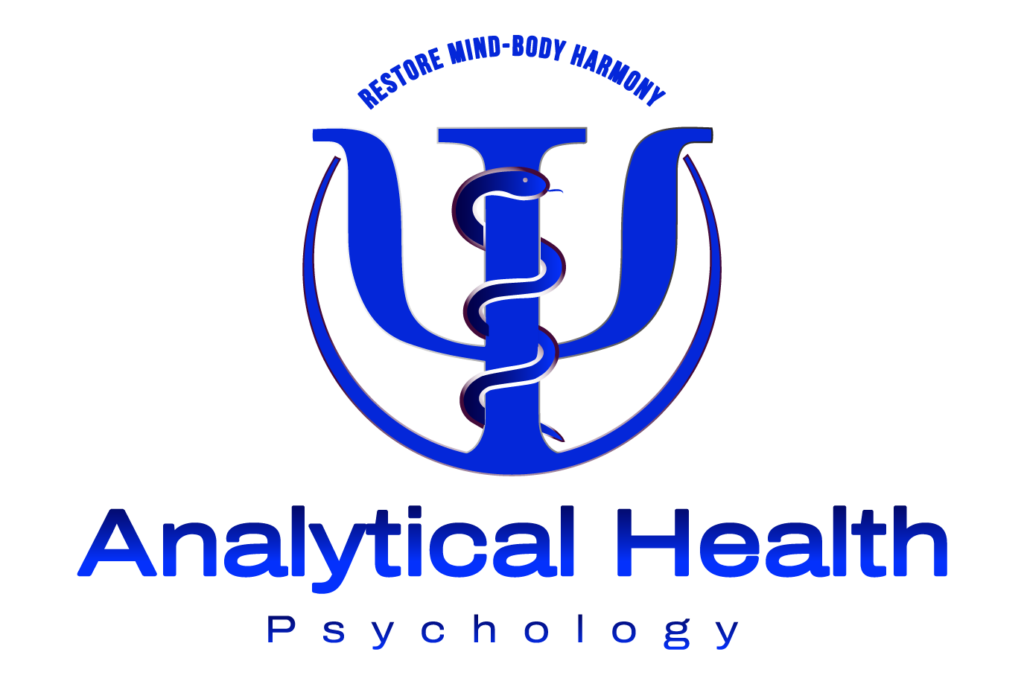Who I Serve
I specialize in treating children, adolescents, and adults with a variety of mind-body (psychosomatic) and mood disorders.

Children 7+ years and older
I offer neurodevelopmentally appropriate treatment to children and engage their parents as an essential part of the teamwork. As a graduate researcher, I was privileged to observe parent-child interactions and, through receiving supervision and scholarly work, learned about effective treatment modalities for children based on their personal and biopsychosocial backgrounds. I utilize a variety of psychodynamic and neuroscientific findings to develop a treatment plan that meets the child’s needs.

Adolescents
Adolescence is an impactful period, and formulating a developmentally appropriate treatment is essential for a desirable outcome. My treatment philosophy for adolescents is to function as a reliable companion in their journey who respects their autonomy, explores their strengths, and helps them actualize their capacities. As part of the treatment plan, I provide psychoeducation to their parents about the adolescents’ neurobiological, developmental, and attachment organizations, as their contribution would be crucial in achieving desirable outcomes.
Adults
As an insight-oriented approach to Health psychology, AHP treatment for adults will have two phases: Supportive and Analytical.
Supportive Phase
In the supportive treatment phase, which lasts approximately 12-15 sessions, the clinician and the patient establish a therapeutic alliance, practice coping strategies to reduce the physical symptoms and explore how the mind and body interact. The primary goal of the supportive phase is symptom reduction, regaining daily functioning, and establishing a solid ground for the Analytical phase. At the end of the first phase, the clinician and patient would collaboratively decide to continue care to the analytical phase as needed.
Analytical Phase
The primary goal of the analytical phase is to gain insight into the origins of emotional distress and inner conflicts that manifest in physical symptoms. The frequency and length of the treatment depend on several factors, including the intensity and complexity of the emotional challenges and inner conflicts, socio-cultural background, and the nature of the identified psychological complexes. Unlike the traditional psychoanalytic approach, the AHP clinician may meet once or twice weekly or less frequently with the patient while monitoring the mind-body harmony and modifying the therapeutic approach as needed. The AHP clinician and patient would decide about the termination of therapy collaboratively.
